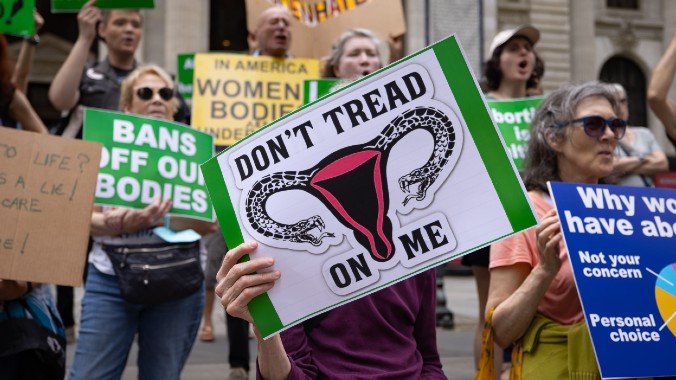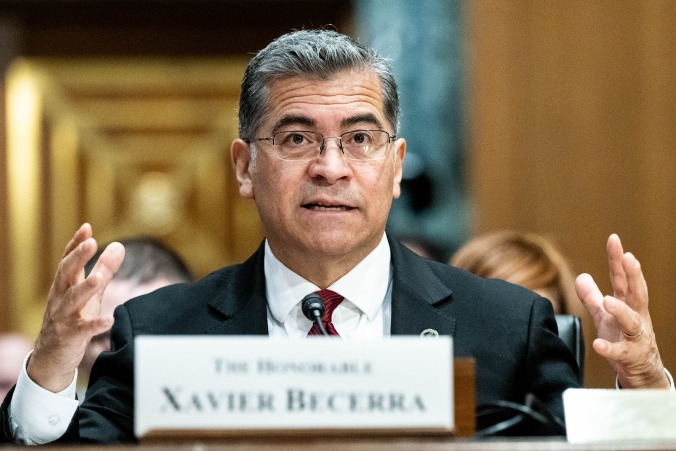Biden Administration Tightens Privacy Rule to Protect Patients From Being Reported for Abortions
In July, 19 Republican state attorneys general asked Biden to permit health care providers to give patients' private medical data to the police if they're suspected of having an abortion.
Photo: Shutterstock AbortionPolitics
On Monday, the Biden Administration announced new rules to protect patients and health care providers from legal investigations, particularly around abortion and reproductive care. The rule also ensures that health care providers living in states with abortion bans will not be required to report their patients who travel out-of-state for abortions to authorities.
“People feel scared to confide in their providers. People are worried in this new climate about how their medical information might be used,” Melanie Fontes Rainer, director of the civil rights office at Health and Human Services, said at a Monday news conference announcing the rule. “The goal here is to reinstate trust into the provider medical relationship. … The goal here is that people don’t stay home if they’re too scared to get care.” Fontes Rainer added that she needed to seek abortion care herself last year after experiencing a miscarriage while pregnant with twins. “It is my absolute duty to share my story, and to do everything I can to [help] the millions of women across the country who don’t have a voice,” she said.
-

-

-

-

-

-

-

-

-

-

-

-

-

-

-

-

-

-

-

-

-

-

-

-

-

-

-

-

-

-

-

-

-

-

-

-

-

-

-

-









































